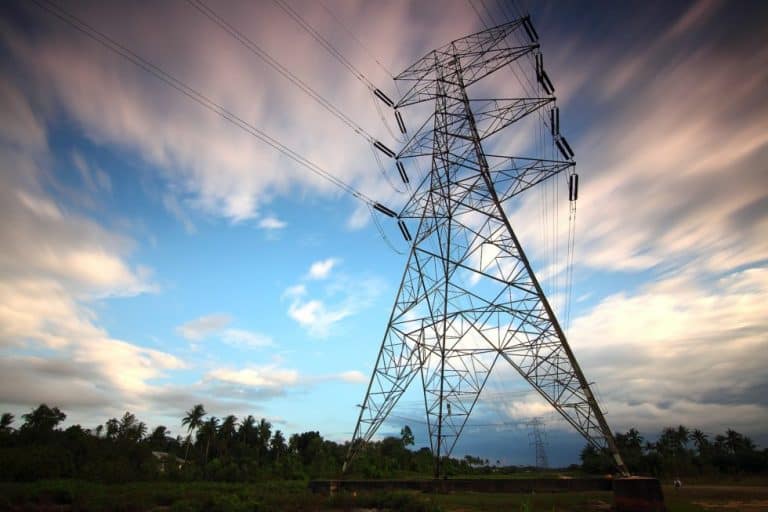Water supply crisis: Solutions outside traditional municipal framework now needed
AfriForum emphasises that cooperation between the private sector and communities is now the only way out in the impending water supply crisis in which water boards and municipalities are involved. This follows in response to information from the auditor general which points out that water boards are under serious pressure because municipalities do not pay for their services and this could eventually lead to large parts of the country’s taps running dry.
Municipalities’ debt burden to water boards already amounts to several billion rands and has a direct impact on communities’ water supply. According to AfriForum, it is worrisome that this financial mismanagement and inefficient debt collection is jeopardizing millions of South Africans’ access to clean water.
“The popular solution among water boards to apply water pressure reduction and punish the end consumer is not the answer either. The end consumer must not be punished because municipalities do not fulfill their constitutional duties to pay water boards,” says Lambert de Klerk, manager of Environmental Affairs at AfriForum.
AfriForum believes that the answer no longer lies in traditional municipal structures. The overwhelming evidence of mismanagement, as highlighted in the recent financial year, indicates that citizens can no longer rely on municipalities to act responsibly in the management of water supply and finances.
It is therefore essential that the private sector and communities play a greater role in the delivery of essential services such as water and sanitation. Examples of successful public-private partnerships (PPPs) in the water and sanitation sector are clear evidence of where the solution lies. These partnerships show that when the private sector and communities join hands, workable and sustainable solutions can be found that will benefit all South Africans.
“The debt and water delivery that is in question here is just a drop in the bucket when the issue of maintenance, water losses and pollution is also taken into account. This has another huge cost implication on water delivery. It is time for us to take responsibility ourselves as municipalities have proven time and time again that they do not have the capacity or integrity to manage these essential services. AfriForum is ready to create a sustainable future together with our communities, one drop at a time,” concludes De Klerk.
AfriForum will continue to work actively on the expansion of these partnerships and the development of alternative solutions to protect communities’ basic right to water. The organisation will also apply pressure on the government to implement the necessary policy changes that will pave the way for greater private sector involvement and community control.











